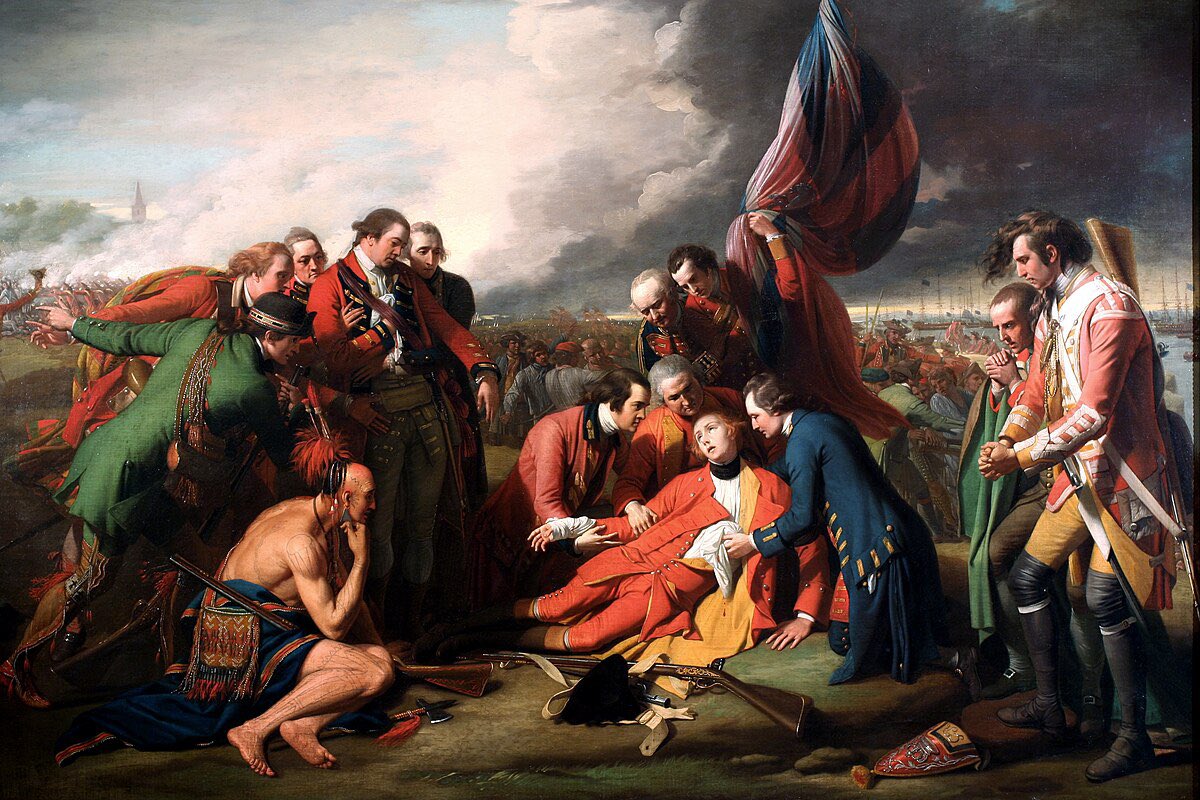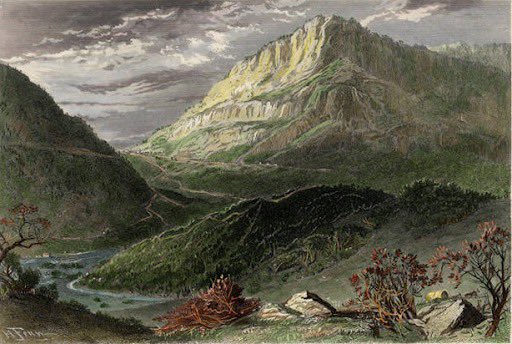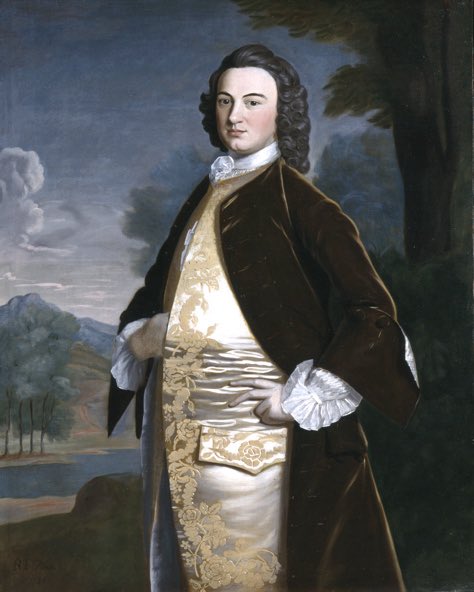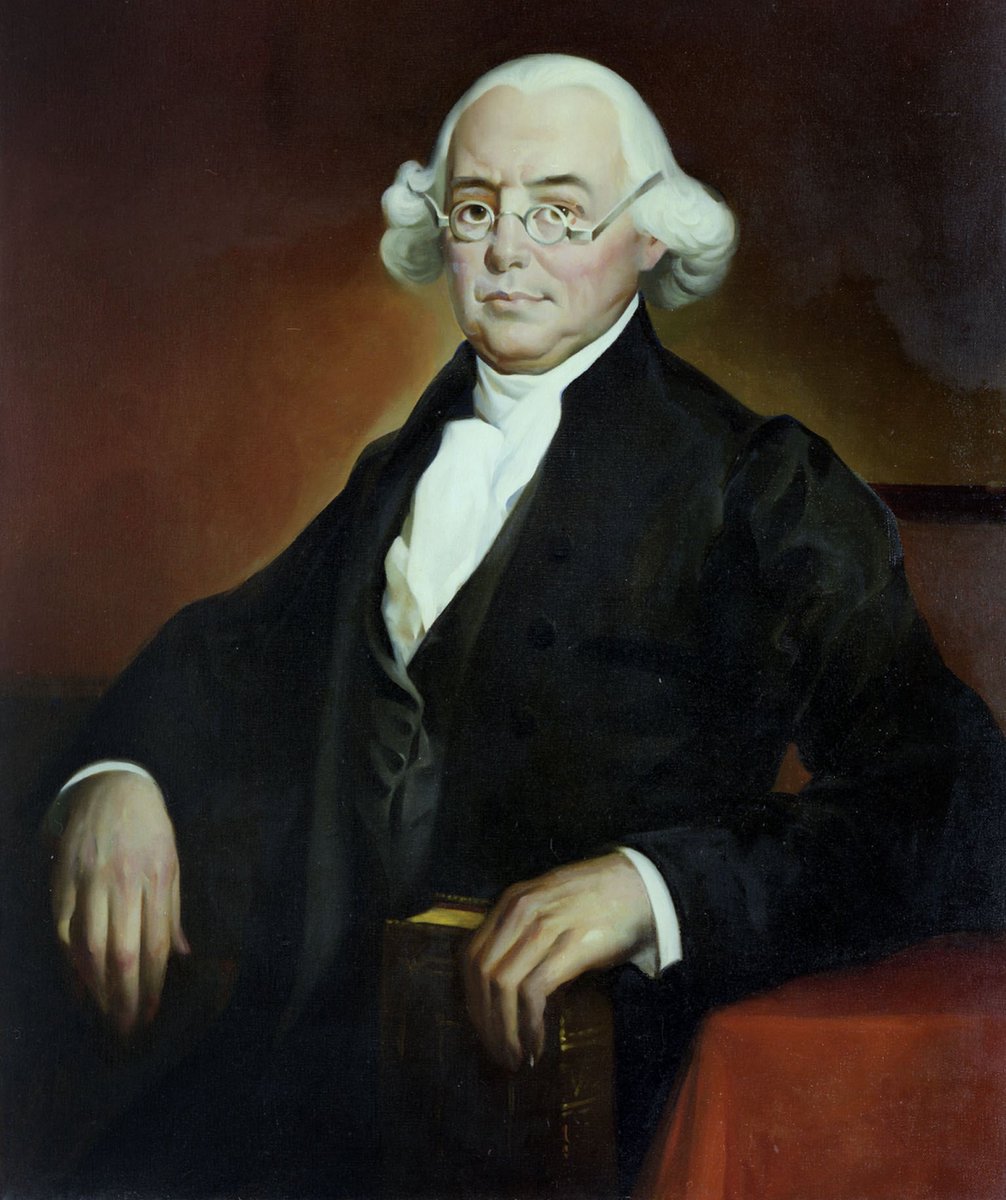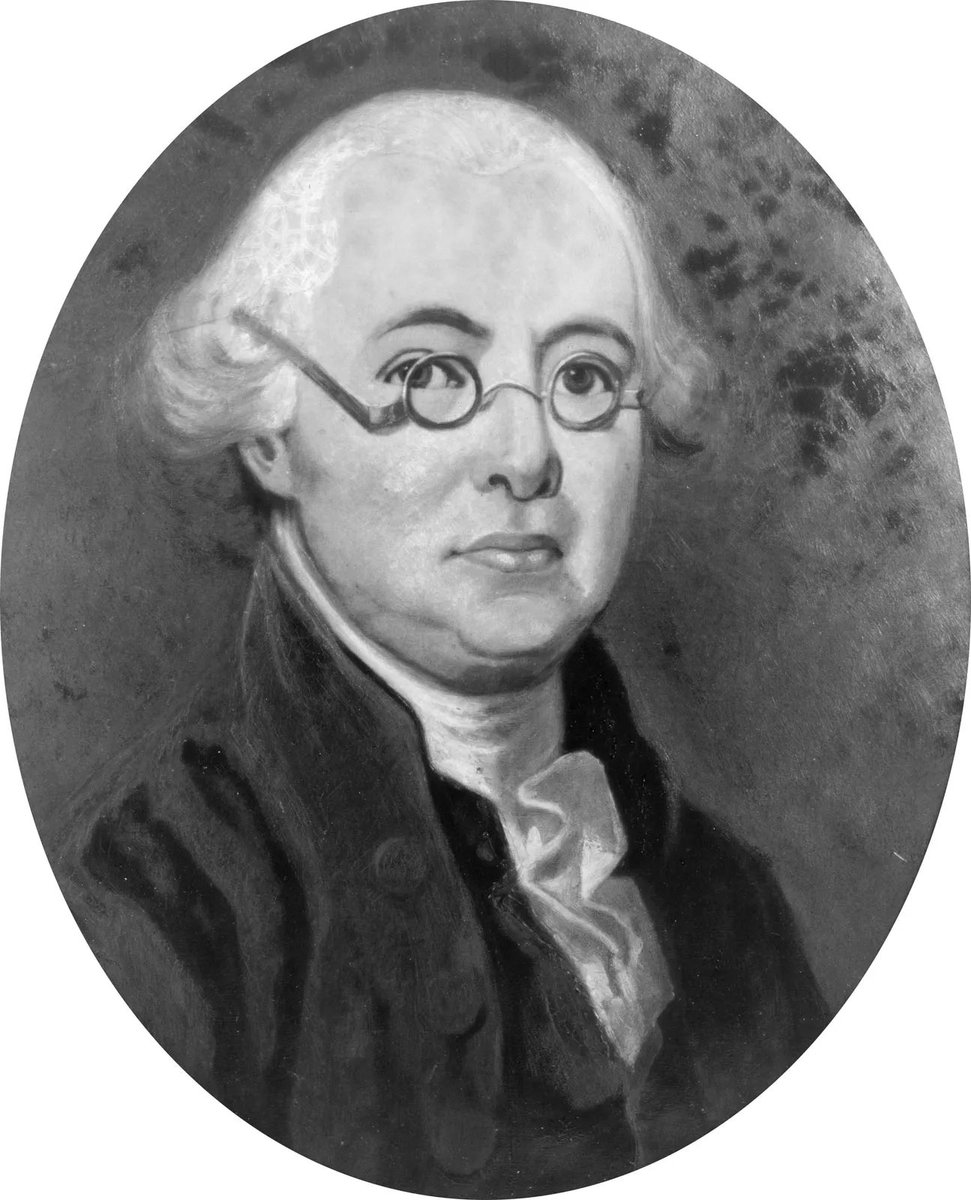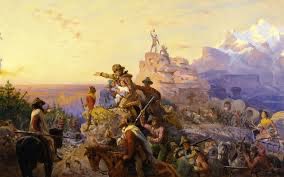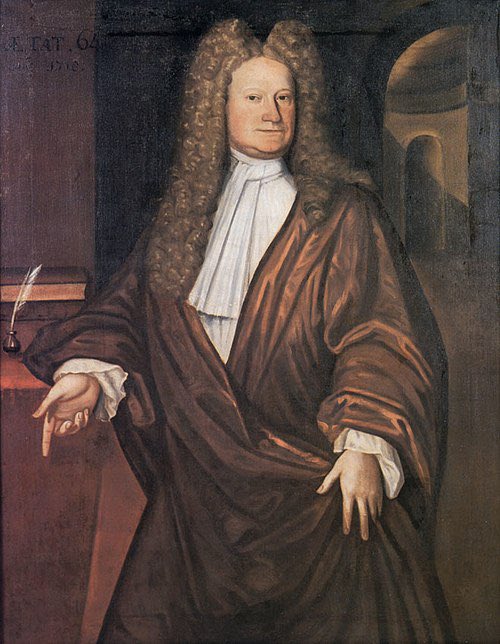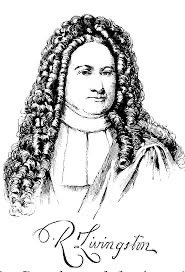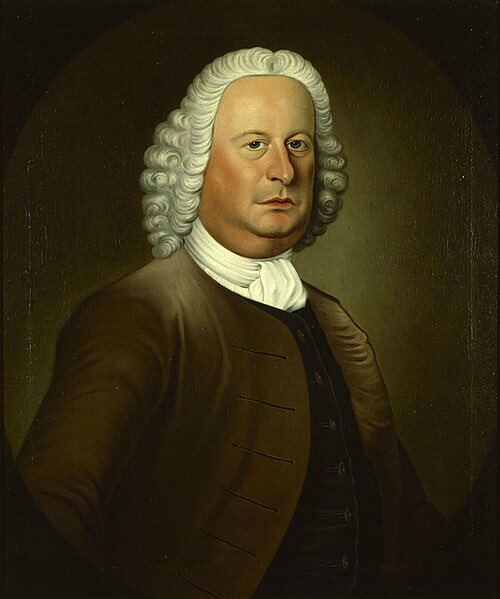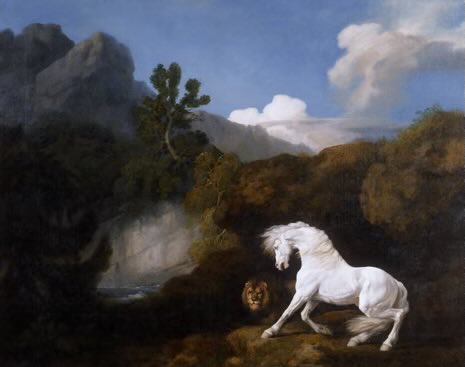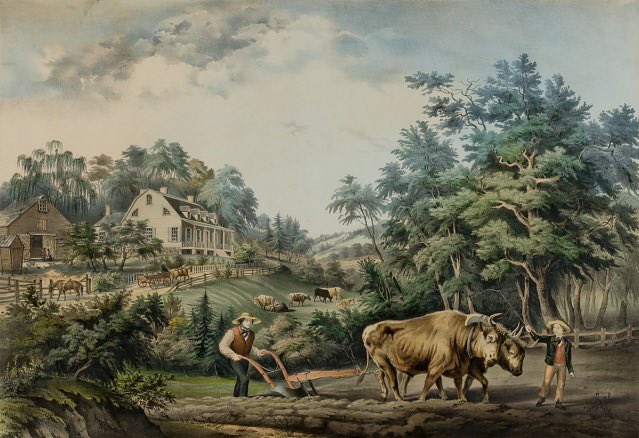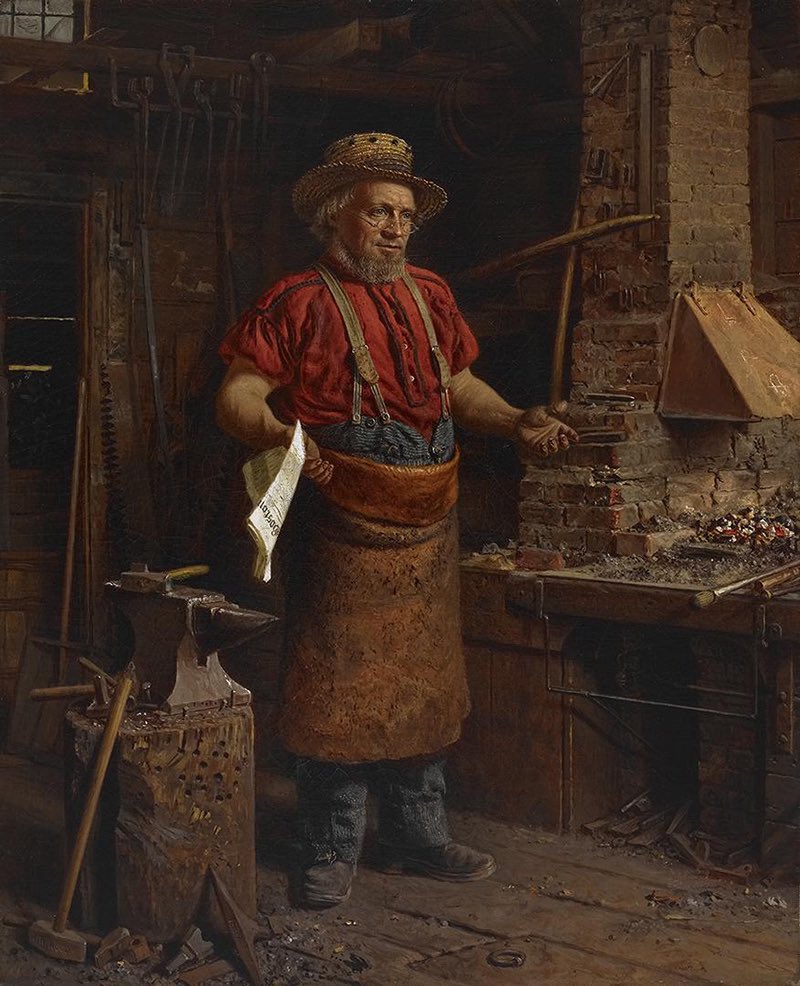In 1775, while revolution stirred in the East, a bold experiment unfolded beyond the mountains. Richard Henderson and the Transylvania Company tried to create America’s 14th colony in Kentucky. It was ambition, lawlessness, and vision.
Let’s dive in. 🇺🇸 #AmRev
Let’s dive in. 🇺🇸 #AmRev

Henderson, a North Carolina judge, dreamed big. With Daniel Boone as his scout, he struck a deal with the Cherokee, purchasing 20 million acres of land stretching across Kentucky and Tennessee. It was one of the largest private land schemes in American history. 

The Transylvania Purchase skirted legality. Only the Crown (and later, state governments) could negotiate with tribes. Henderson’s deal with the Cherokee was technically void, but in the wild frontier, legal lines blurred as ambition roared louder than law. 
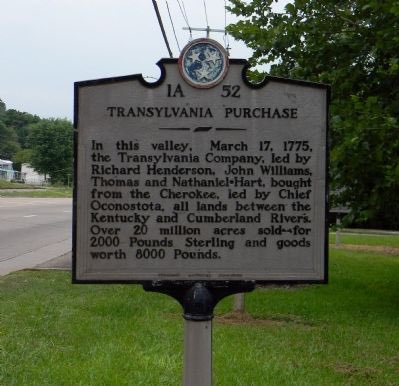
Boone blazed the Wilderness Road, guiding settlers into the new colony. Fort Boonesborough became Transylvania’s heart. Families streamed west, chasing land, liberty, and a fresh start. But they were also stepping into contested ground, claimed by tribes, states, and empire. 
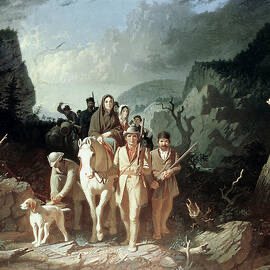
Henderson called a frontier legislature at Boonesborough. In May 1775, settlers elected representatives and drafted the “Transylvania Compact”, a rough constitution for self-rule. It was a bold echo of the Revolution: government by consent, forged in the wilderness. 
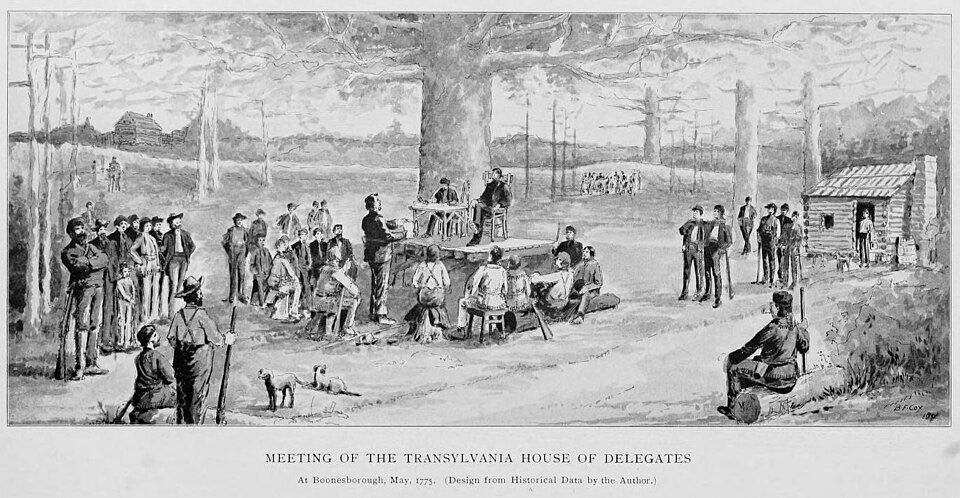
Yet Transylvania’s dream collided with reality. Virginia and North Carolina rejected Henderson’s colony, declaring his purchase illegal. Powerful men like Patrick Henry and Thomas Jefferson would not allow private speculators to carve sovereign states inside theirs. 
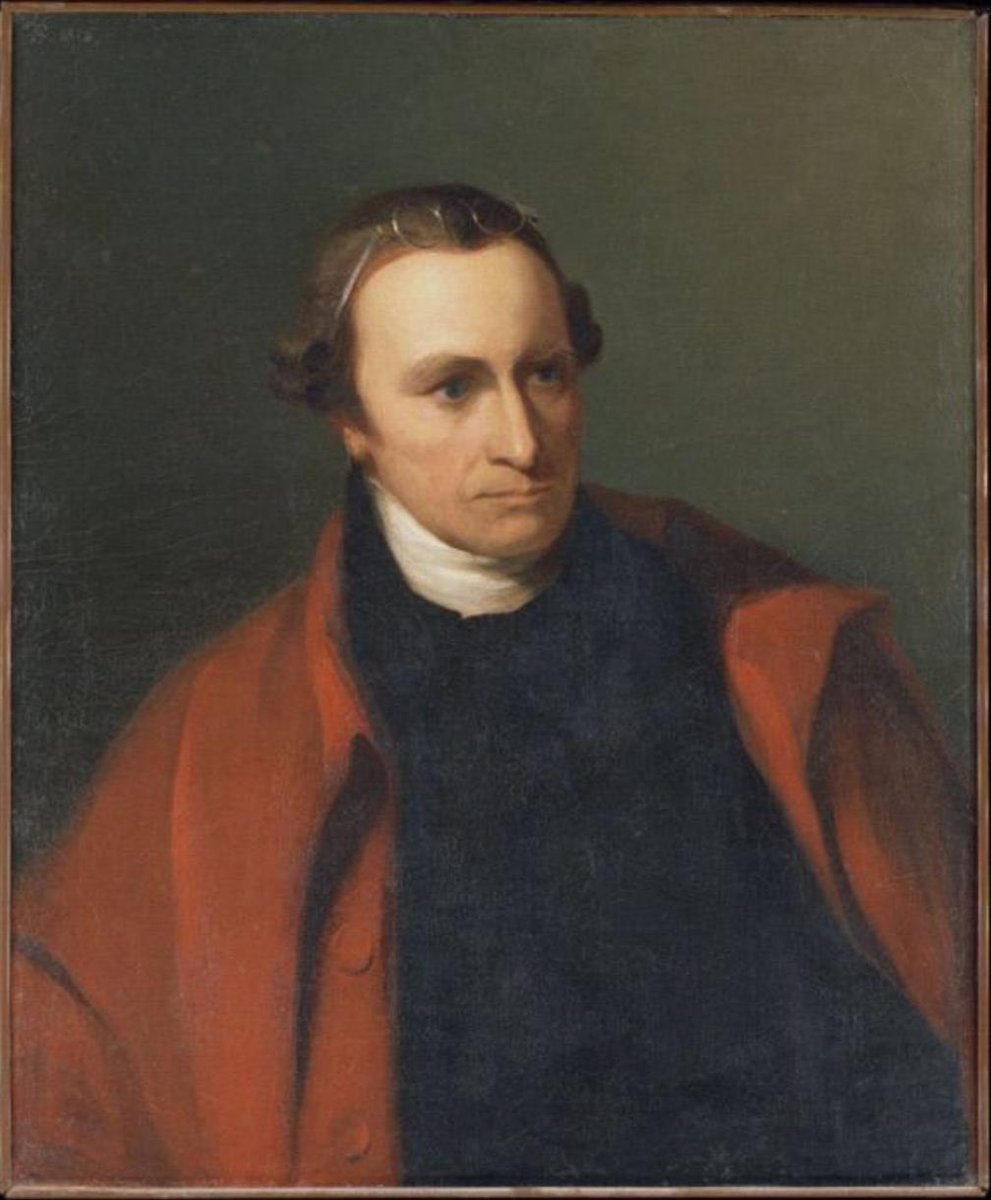
The Cherokee themselves were divided. Dragging Canoe, a young war chief, fiercely opposed the sale, warning it would unleash a “dark and bloody ground.” His prophecy proved true, as violence erupted between settlers and resisting tribes. 
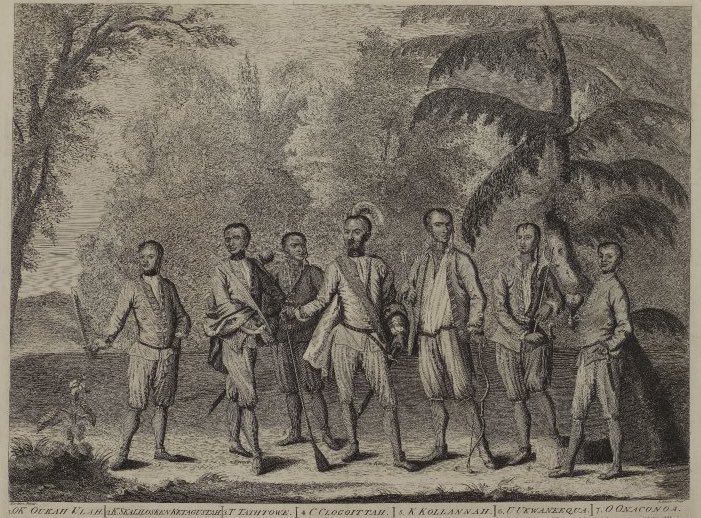
Henderson’s gamble failed politically, but its effects were lasting. The Wilderness Road opened. Thousands poured through the Cumberland Gap. Kentucky grew from a frontier outpost into the 15th state. The dream of Transylvania was buried, but the migration it sparked endured. 

Ironically, Henderson was compensated with 200,000 acres in Tennessee; land that would later become Nashville. Though his “colony” died, the vision of westward expansion he championed became America’s destiny. 
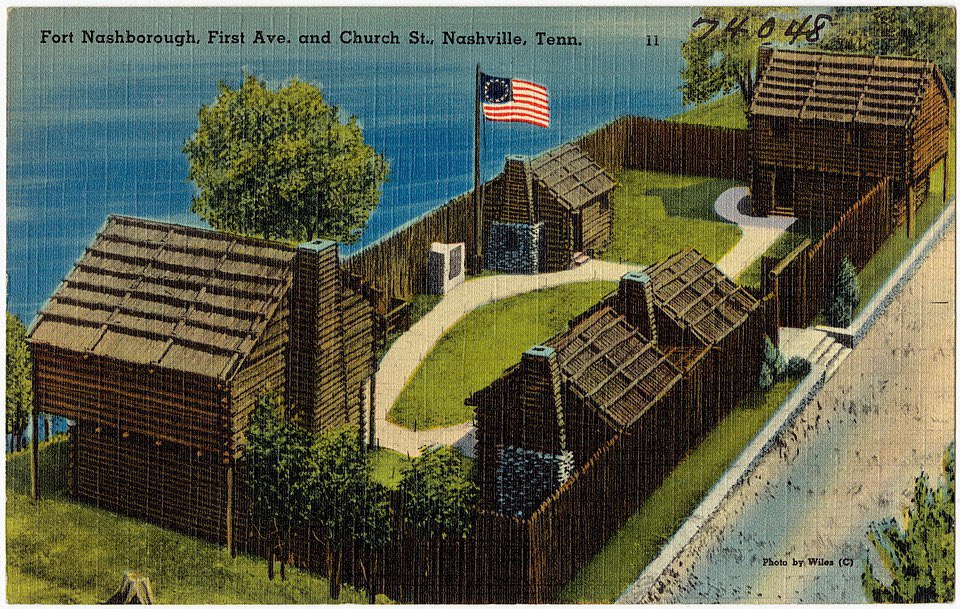
The Transylvania Colony was more than a failed land scheme; it was a mirror of the Revolution itself. Risk, law-breaking, bold vision, and the hunger for liberty on new ground. It reminds us: nations are built not just in halls of power, but in cabins on the frontier. 🇺🇸 #AmRev 
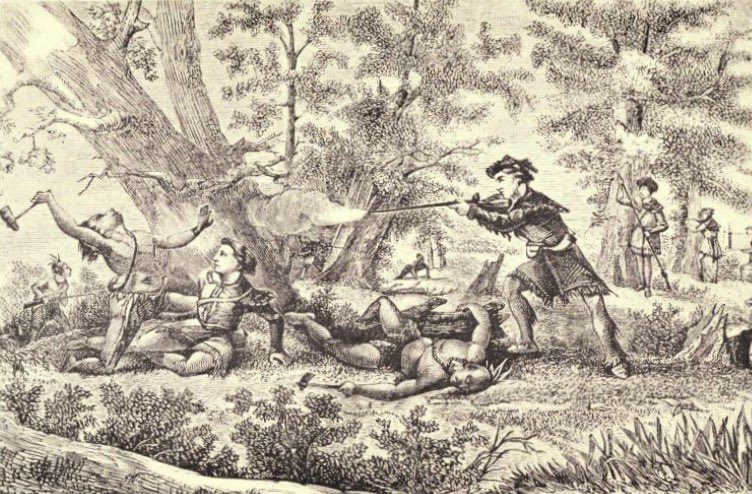
Value for Value: if this thread gave you value, give some back. Reshare it. Pass the knowledge forward. Or subscribe to my Substack for deeper dives into America’s founding fire:
🇺🇸 amrevresurrected.substack.com
🇺🇸 amrevresurrected.substack.com
• • •
Missing some Tweet in this thread? You can try to
force a refresh




